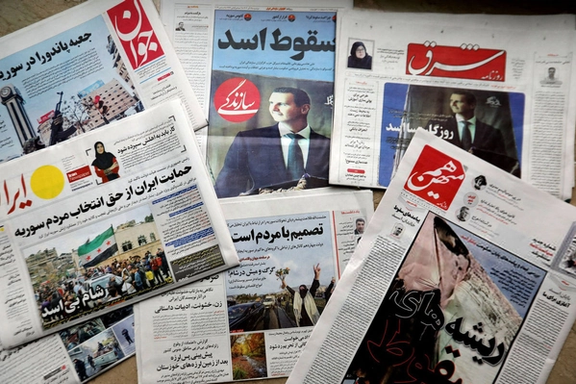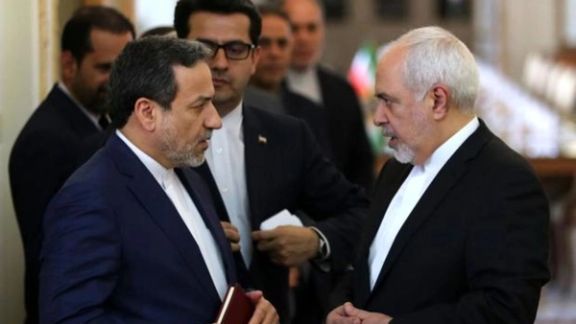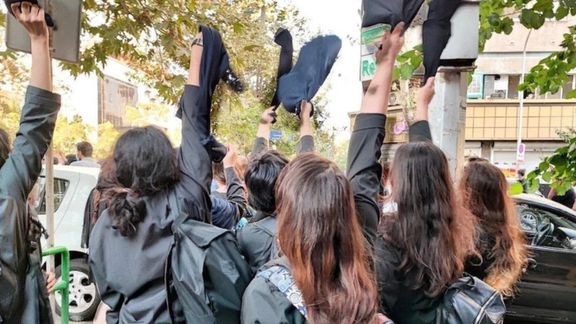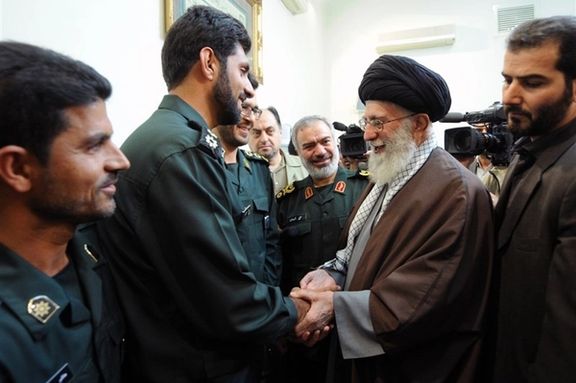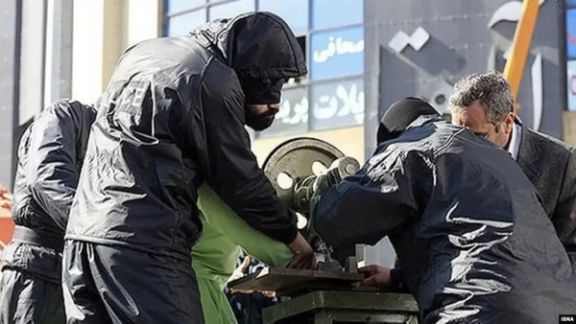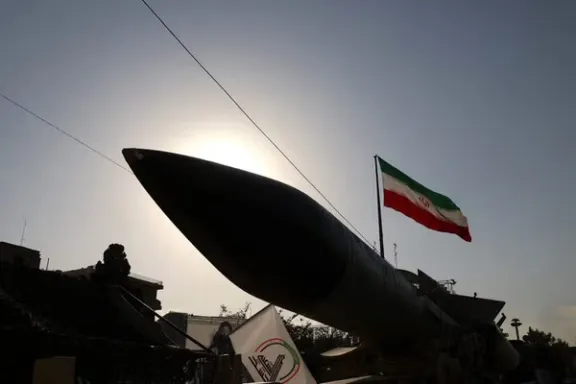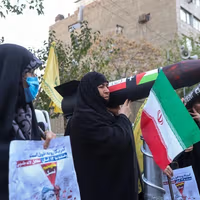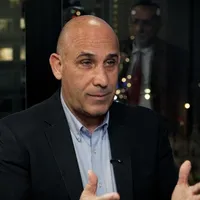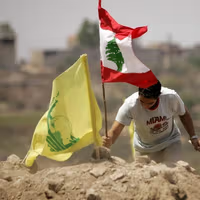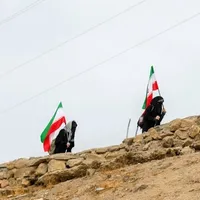Cotler said he was the subject of an alleged Iranian plot to kill him on Canadian soil.
The threats, according to Cotler, mean anyone who dares speak up against repression even non-Iranians as far away as Canada is in danger, imperiling free speech and posing a key national security challenge.
“My assassination attempt that I experienced should be seen as a wake- up call of a larger phenomenon,” said Cotler, adding that domestic stifling of dissent is linked to Iran's attempts to silence critics abroad.
"The confluence of massive domestic repression, which incentivizes and underpins the extraterritorial aggression targeting those who are engaged in supporting the very Iranian people that are the targets of mass repression."
In an interview with Iran International, Cotler - a vocal critic of Iran’s government - said he was informed by the Royal Canadian Mounted Police (RCMP) in October of an active plot to try and kill him.
“I was supposed to attend the 60th anniversary of my McGill Law class in Montreal. I was prepared. The [RCMP] security detail was prepared to take me there and then I was advised that day that they had a warning of an imminent assassination attempt within the next 48 hours,” said Cotler.
The Globe and Mail, a Canadian newspaper, first reported on the alleged plot in early November, citing law enforcement sources about two suspects involved in his case. Cotler said he’s not aware of the two individuals but said he received confirmation that the threat against him has been lowered substantially.
Threats for more than a year
Cotler’s life has been under threat since 2023, he said, citing Canadian authorities.
The former parliamentarian was flying back home to Montreal from Washington DC with his wife on November 14, 2023 when he was advised by RCMP officials not to leave the airport. Then the text messages started popping up on their screens from neighbors curious about armored vehicles outside the Cotler home.
From that moment he has been under 24-hour police protection. Cotler is accompanied wherever he goes including his medical treatments and family outings.
The life of Cotler and his family would be changed forever, but his voice was not to be silenced.
Armored cars, armed protection and other security details soon became the norm.
“My life was altered with my freedom of movement restricted, but it has not altered my advocacy because I know that the objective of transnational repression and assassination are carried out," said Cotler. "Their purpose is really to intimidate, to silence and to arrest the target. Because I had the beneficiary of the protection, I've been able to engage in my continued public advocacy,”
When he learned later that the threats were coming from Iran, he wasn’t surprised.
“I first advocated for putting the IRGC on the terrorist list back in 2008 when I was a Member of Parliament. It took until 2024 and I fought until it happened.”
As a lawmaker, justice minister and now as chair of human rights organization the Raoul Wallenberg Centre, Cotler has been an advocate for human rights in Iran for decades.
A former lawyer, he also represented Iranian dissidents and political prisoners throughout his career.
As a retired politician, Cotler receives protection that an average Canadian under similar circumstances would not. In speaking directly with Iranian dissidents in Canada and abroad, he understands their fears and threats they face.
One major concern is Iran’s connections to organized crime in Canada.
US law enforcement agencies say two Canadians with ties to the biker gang Hells Angels were hired at the behest of Iran’s intelligence services to carry out assassinations in Maryland.
An unsealed US indictment revealed last month that two men, allegedly hired by the Islamic Republic to kill prominent Iranian-American human rights advocate Masih Alinejad.
Alinejad, whom Cotler refers to as a friend and colleague, has been the subject of several Iranian murder-for-hire plots on US soil. The same indictment also alleges Iran planned to assassinate president-elect Donald Trump prior to the American elections.
Iran's Foreign Minister Abbas Araghchi denied that Tehran was linked to an alleged plot to kill Trump.
While Cotler continues to raise alarm bells, he said Canada can and should be doing more by taking the lead in fighting transnational repression.
In a recent conversation with Canadian Prime Minister Justin Trudeau, Colter said he encouraged the Prime Minister to make Iran's attempts to assassinate critics abroad a top priority at next year’s G7 summit, which Canada is hosting.
“The real problem has been the culture of impunity," said Cotler. "What is needed now is a culture of accountability,”
